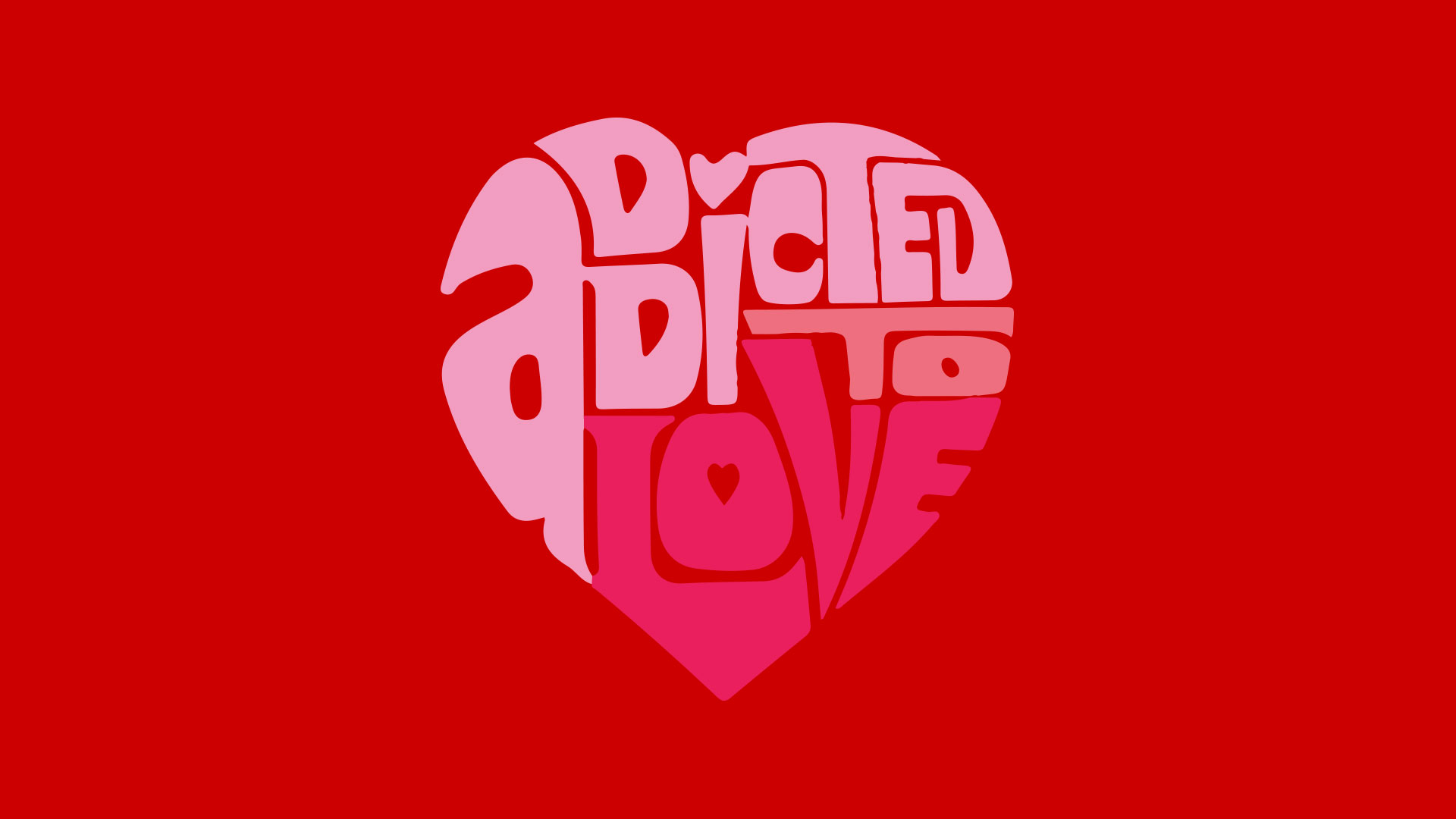Aw, Valentine’s Day! Being in a new relationship, with that fuzzy buzz of anticipation! The excitement of dolling up for your next date, or packing for a romantic weekend, or shopping for the ideal gift that just says ‘I <3 U’ better than words ever will…
But what happens when the dizziness of falling in love fizzles down into routine – romantic routine that is, but less heartbeat-skipping than earlier days – and whirlwind courtship becomes commitment? Are you ready to move up to the next level, or are you in love with the initial intensity of falling in love?
Will you work with your partner to grow together in your relationship without relinquishing your personality traits, indulging in condescendence, or enabling toxic behaviour? Or will you run for the hills and try it all over again with someone else, because you’re serially hunting for ‘the one’, the elusive one whom you weren’t able to see standing right before you countless times, since you’re gazing at the big L through cracked rose-coloured lenses?
While healthy love-seekers experience the rush of falling in love as the portal to a more profound and steadier bond, in which the original light-headedness is welcome to be recreated occasionally but not indispensably, love addicts thrive on the inebriating feeling of blossoming romance and tend to lose interest as soon as this evolves, to the point they may break off a good relationship, just because it has reached a ‘plateau’, to pursue instead the adrenaline booster of a new one.
When the initial exhilarating state, a love rush not dissimilar to a sugar rush, develops into steady relationship, love addicts experience withdrawal, boredom, restlessness, and if they cannot rekindle the expectations of first dates, they are bound to chase the thrill all over again with another unsuspecting wooer.
If they tell you they are in love, they aren’t lying: in fact they are in love with falling in love or being in love, but they aren’t truly in love with the person who’s got them head over heels in the current instance.
Love addicts are afraid to be alone; they believe they wouldn’t survive being singletons, and are always hunting for the Mr or Miss Right who will make them feel whole, but when they find them, more often than not they won’t accept them as such.
Feeling unworthy when alone and caged when in a relationship should raise a red flag and prompt anyone to seek counselling, but because these emotions are often diluted over time, it is easy to dismiss them just as poor luck in love, blaming it on having hit a string of unsuitable relationships, ignoring, or not realising, that the issue lies with oneself.
There are a few tells that may ring alarm bells about this behaviour. Despite it not being strictly a mental condition that can be alleviated by medication, acknowledging them may push you to understand, rationalise and corral your conduct before it becomes compulsive and self-destructive.
If you answer yes to three or more questions below, you may want to discuss your relationship status with your emo-sexual therapist:
Are you afraid of being alone?
If you are single, are you exceedingly focused on meeting someone?
If you are in a relationship, do you feel compelled to add spice to it?
Have you ever stayed in an abusive relationship just because you felt the sex was great?
Have you ever wondered whether you are fully able to tell lust and love apart?
Do you fall in love, or believe you’ve fallen in love, with occasional flings?
Do you quickly lose interest in a fling?
Do you participate in activities that don’t suit or interest you in order to meet new partners or to please your newly acquired one?
Have you ever given up hobbies, sports, beliefs, friendships etc. to please your new partner or to look attractive to a potential one?
Are you missing out on career advancements or family and social experiences to hold on to a sexual relationship?
Do you use sex or romance to compensate for traumas or deal with problems or emotional dysfunction?
Are you and your partner manipulating each other with the promise of sex or the threat of withdrawal?
Have you ever returned to previous failed relationships only because of FOMO?
Although most healthy relationships may occasionally display some of these signs, if they become the norm, you may want to reconsider it and break the pattern – or the relationship altogether.
Love addiction and sex addiction are two separate matters, although they may sometimes overlap. In both cases however, sufferers are searching for comfort outside themselves to provide them with the emotional stability and fulfilment they lack, and cannot reach on their own.
Help can be sought with the 12-step program at SLAA, Sex & Love Addicted Anonymous (www.slaafws.org)
Advisory Information:
This article aims at being informative only, with no medical or diagnostic pretenses. Consult your GP if you suspect you or a relative may be suffering from the condition here described.







